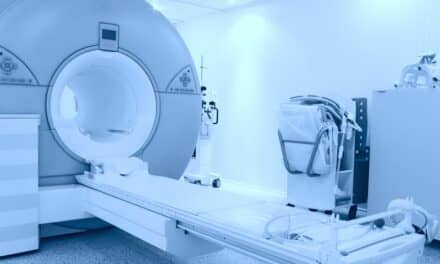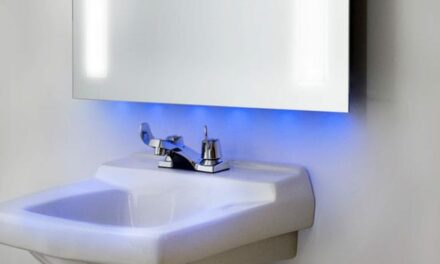TSO3 Inc., an innovator in sterilization technology for medical devices in healthcare settings, joins with UCHealth, a nationally recognized, nonprofit network of 10 acute care hospitals and more than 150 clinics throughout Colorado, southern Wyoming and western Nebraska, in announcing the first patient procedure in Colorado performed with a duodenoscope sterilized using the TSO3 Sterizone technology.
The low-temperature sterilization system utilizes the dual sterilants of vaporized hydrogen peroxide (H2O2) and ozone (O3) to achieve terminal sterilization of heat and moisture-sensitive medical devices. Its single pre-programmed cycle can sterilize a large number and wide range of compatible devices, creating a cost-effective sterilization process with error-free cycle selection. The device’s unique Dynamic Sterilant Delivery System automatically adjusts the quantity of injected sterilant based on the load composition, weight, and temperature. This capability removes the guesswork and potential for human error, as there is no need to sort instruments and choose the appropriate cycles as with other machines.
The Sterizone VP4 Sterilizer is the only terminal sterilization method that is FDA cleared to sterilize multi-channeled flexible endoscopes (with a maximum of four channels) of up to 3.5 meters in length, such as video colonoscopes, duodenoscopes and gastroscopes, which is an industry first for any medical device sterilization process, according to the company. The sterilizer is also the only FDA-cleared low-temperature sterilizer that can process a mixed load consisting of general instruments, single-channel flexible endoscopes, and single or double channel rigid endoscopes in the same cycle with load weights of up to 75 pounds. The ability to run mixed loads significantly reduces labor costs by minimizing the amount of instrument sorting required while maximizing the device turns (more productivity from increased throughput capacity).
Duodenoscopes are flexible endoscopes used during endoscopic retrograde cholangiopancreatography, which is a procedure that enables a physician to examine and take images of a patient’s gallbladder, common bile duct, pancreas, and liver.
“Providing our patients with the highest level of safety is central to every decision we make,” says Darla Woodman, sterile processing nurse manager at UCHealth’s Medical Center of the Rockies and Poudre Valley Hospital. “It is critical that our guidelines for reprocessing duodenoscopes ensure that each device is sterilized for every patient and every procedure.”
“Reducing infection rates isn’t dependent on technology alone, but through a team approach,” adds Brenda Lynch, gastrointestinal lab nurse manager at UCHealth’s Greeley Surgery Center, Medical Center of the Rockies, and Poudre Valley Hospital. “Proper hand washing, wearing proper personal protective equipment and following hospital protocols all help lower the spread of bacteria and other infections. This sterilization system supplements our infection prevention tools that allow us to deliver a greater level of quality patient care.”
In May 2018, U.S. regulators cleared TSO3‘s most recent 510(k) submission for the terminal sterilization of multi-channeled flexible endoscopes using the Company’s Sterizone VP4 Sterilizer. The clearance for the Sterizone VP4 Sterilizer allows a hospital system like UCHealth to terminally sterilize gastrointestinal endoscopes that have dimensions within the cleared intended use.
“The recent and highly publicized infection outbreaks in the United States associated with the use of flexible endoscopes have highlighted the need for innovative approaches to reprocessing these complex devices,” says R.M. (Ric) Rumble, TSO3‘s president and CEO. “We are pleased to be a part of the solution to this serious health problem, which can be eliminated only through the collaborative efforts of healthcare providers like UCHealth, in combination with medical device manufacturers, reprocessing device manufacturers, regulatory agencies, and professional societies.”






Is it always good to be first?